Donald Trump’s Section 230 review of Facebook, Twitter waits on Biden
It’s an industry that Trump vowed to crack down on over its lack of regulation. But Joe Biden may take a different approach.

US President Donald Trump’s extremely online occupation of the White House is set to end on January 20, with Joe Biden due to be inaugurated, but the challenges Mr Trump posed for social media platforms and the threats he used in retaliation to their actions will have lasting effect after he leaves.
From an Australian perspective, one thing will be “remarkably different” about having a presidency that takes place largely off of Twitter.
“There was a phenomenon we got quite used to over the last four years where the tweet would precede the policy, now we’ll have the tweet announcing the policy after it’s been formulated,” United States Studies Centre research associate Elliott Brennan told news.com.au.
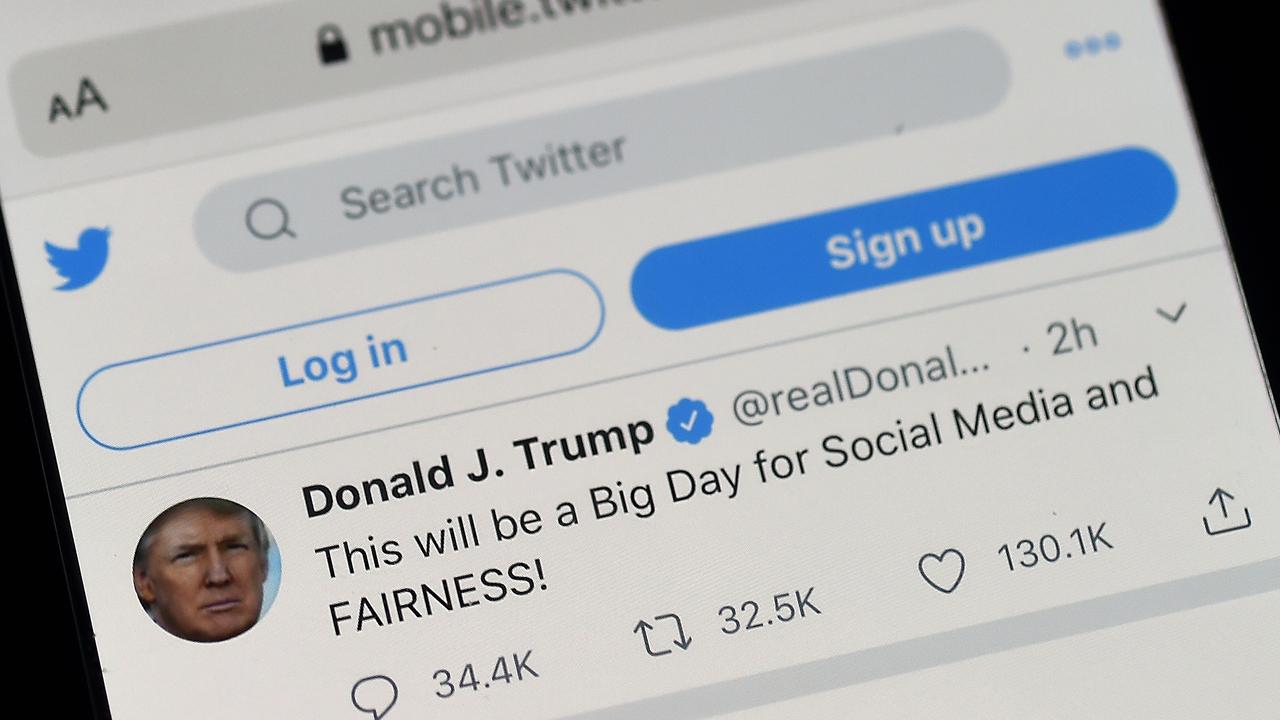
Mr Trump didn’t only announce policy ideas on the social media platform, he ordered sweeping executive reviews in response to how it treated some of his tweets.
The executive order Mr Trump delivered for a review of Section 230 of the telecommunications act after Twitter potentially crossed the line between publisher and platform by placing a warning on one of his tweets might have resulted in a review that was actually long overdue.
While the law is a US one, that’s where the majority of the globally operating tech behemoths are based, and often where they primarily operate, so changes to the US laws are likely to affect the broader online world too.
There is NO WAY (ZERO!) that Mail-In Ballots will be anything less than substantially fraudulent. Mail boxes will be robbed, ballots will be forged & even illegally printed out & fraudulently signed. The Governor of California is sending Ballots to millions of people, anyone.....
— Donald J. Trump (@realDonaldTrump) May 26, 2020
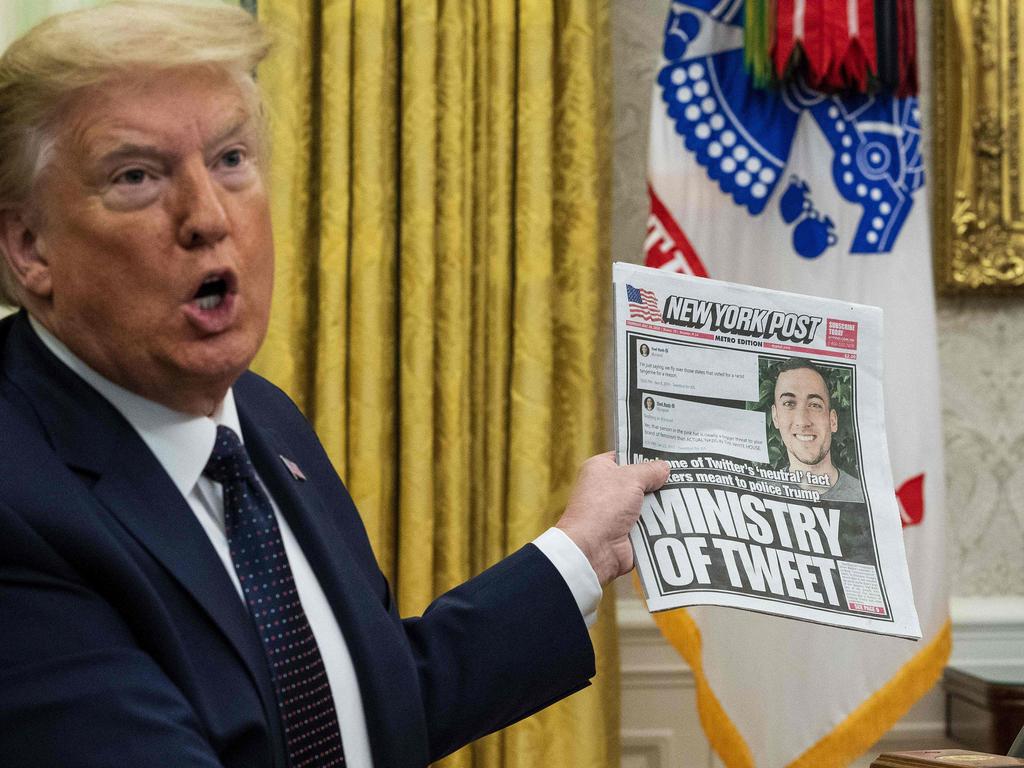
The law that absolves platforms for responsibility for the things that its users post on there were formulated long before the rise of social media, and while regulation in the space has taken a long time, it’s coming fast now.
“Companies can see a lot of writing on a lot of walls that they’re about to be regulated, so they’re trying to actively involve themselves in this process to get ahead of that curve and have a seat at the table,” Mr Brennan said.
There were early signs of this in October when the bosses of Facebook, Twitter and Alphabet (Google, YouTube, etc) fronted up to a US congressional hearing on Section 230.
While Twitter CEO Jack Dorsey told them it would ruin the platform and “collapse how we communicate on the internet”, Alphabet’s Sundar Pichai offered a more measured warning to politicians to “be very thoughtful” of any changes.
Facebook’s Mark Zuckerberg got on the front foot however, advising Congress to “update the law to make sure it’s working as intended”.
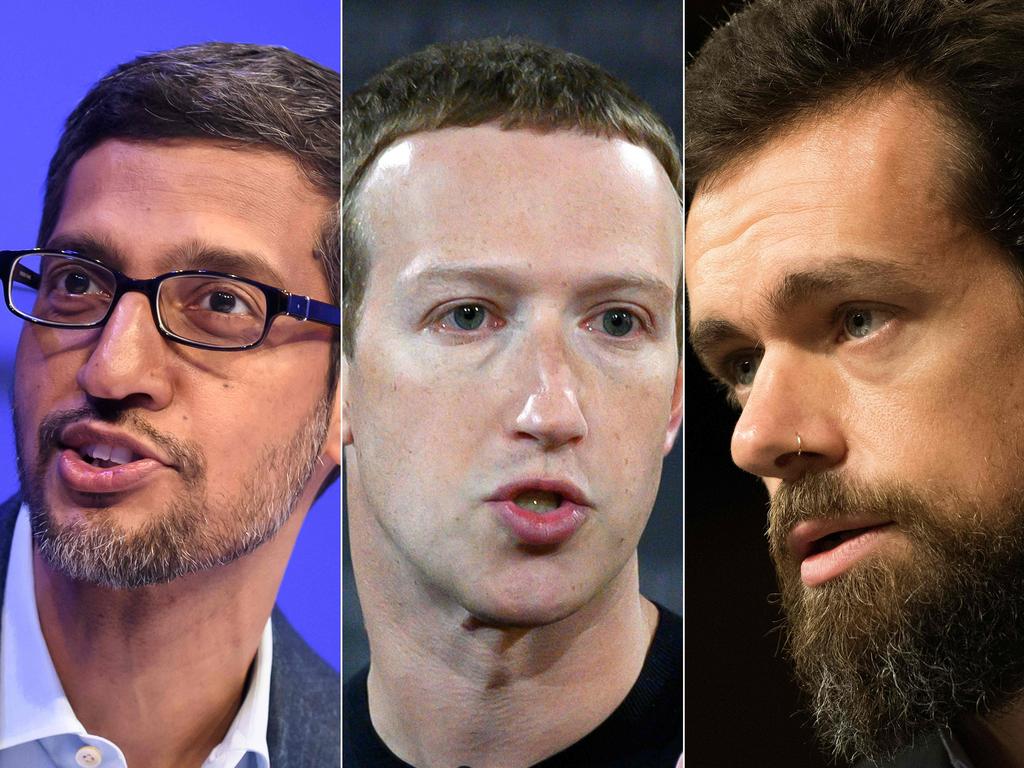
RELATED: Reason Facebook staffer turned down $87,000
Whatever those updates are, Facebook is worth hundreds of billions of dollars and will have the resources to adapt to the laws that its boss is talking to regulators to help shape, but smaller sites, including upstart competitors, might struggle to respond.
“It is the fundamental problem with regulating this space,” Mr Brennan said. “What needs to be done is figuring out how you can tier responsibility by ownership in the space … a long process needs to be conducted where it’s not just those big tech companies that have a seat at the table.”
While Mr Biden is less likely to pull stunts like issuing executive orders over warnings placed on his tweets (Mr Brennan “would even hazard a guess that it’s much less likely Biden would tweet something that required a censor” in the first place), that doesn’t mean big tech companies facing a growing wave of backlash about their market size and how they use the power that gives them are going to be let off the hook.
BIG QUESTION OVER BIDEN ADMINISTRATION
How the regulation of big tech plays out in its early stages will provide an answer to what Mr Brennan called one of the biggest questions hanging over the Biden administration.
“Whether he seeks to conduct it as a continuation of the Obama administration or looks to learn the lessons from his time in the White House the last time around.”
Big tech companies had supported the Biden campaign thanks to favourable treatment the companies had received during Barack Obama’s presidency, but a lot has changed online since Trump took the White House.
RELATED: ‘Horrible experiment’ shows Twitter bias
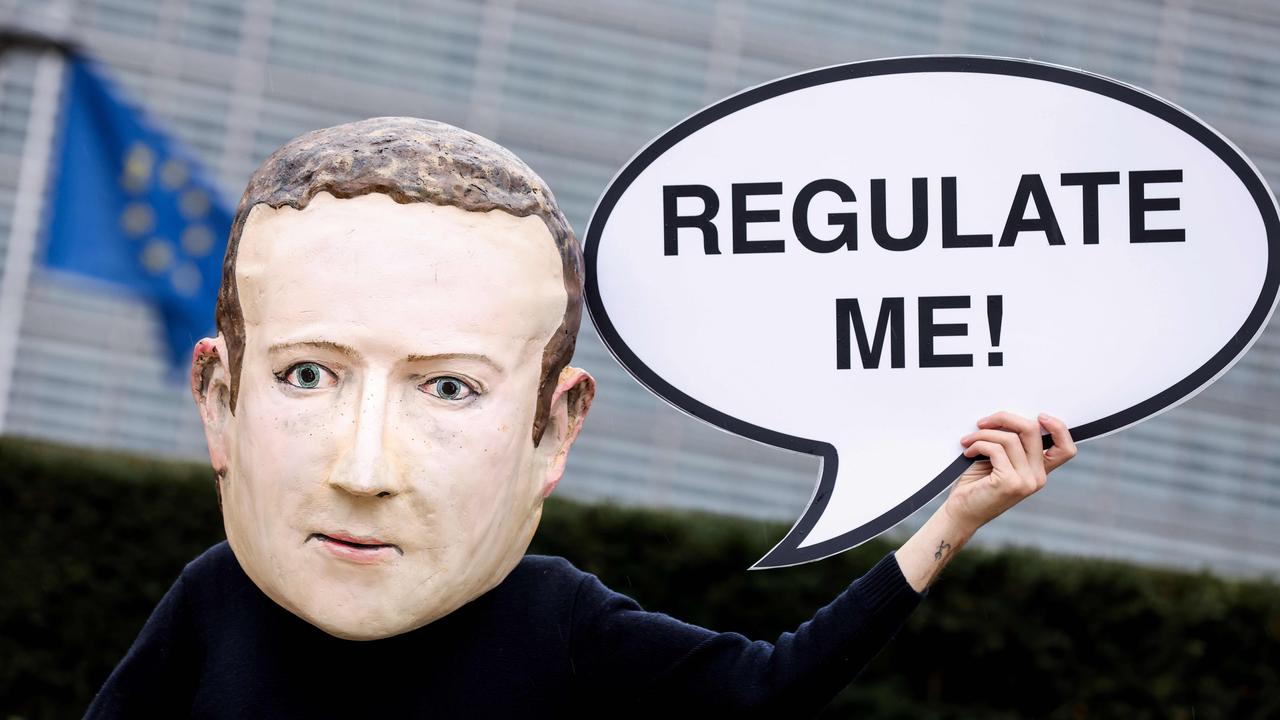
Facebook may have played a sizeable role in getting Mr Trump elected, and Twitter gave him a (largely unchecked until recently) platform to pretty much say whatever he wanted.
Despite this, Mr Brennan thinks tech companies will still be expecting some favours from the Biden administration.
“They would have looked at the Biden-Obama administration, and they will know Kamala Harris very well and know they will be given a seat at that table,” he said.
Ms Harris served as the district attorney in San Francisco for seven years, beginning in 2004 before Facebook even moved to nearby Silicon Valley.
After that she went on to be the Attorney-General for all of California, with high-profile tech figures donating heavily to her campaign.

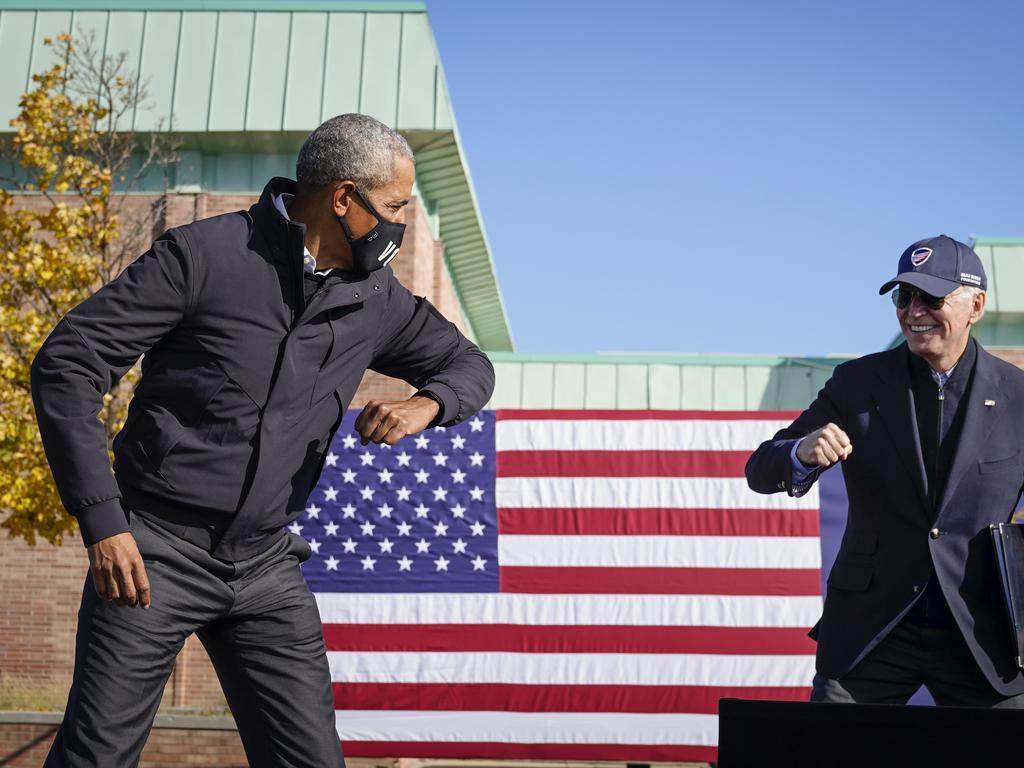
Mr Brennan said the at-times cosy relationship would likely continue but there will still be pressure coming from inside the Democratic party and from the other side of the aisle.
“I think there will still be a working relationship but also Democrats will be pressuring Biden to really right the wrongs of what’s been allowed to happen on social media regarding the spread of disinformation and conspiracy theories, misinformation and also the way algorithms have worked to promote those,” he said.
“There’s still going to be a lot of noise along political lines about what should be done but you won’t have the presidential seal weighing on the scales in that regard.”
Mr Trump’s presidency posed a huge challenge for platforms this year in particular according to Mr Brennan.
“One of the most incredible things about this landscape at the moment is that tech companies are having to reconcile the weight of a President’s words, which have traditionally been seen as something that is necessary to be in the public domain, against public health concerns around coronavirus.
“That’s quite a remarkable scenario … tech companies are left to make the decisions about which is in the greater interest: Hearing the words directly of their President or hearing words that potentially could endanger them.”
He said the likely scenario will be “more hearings and working committees looking at how to legislate” because there’s an “itching on both sides of the aisle to do something about 230, differing on what needs to be done”.
He added coronavirus will still be priority number one, “but the spread of misinformation in particular is part of the story of coronavirus in the United States”.
“It’s activated people to get out and protest against lockdowns, it’s garbled the uptake of masks, masks have become politicised and a lot of that has to do with how misinformation has spread online.
“This will fall into the later stages of fixing COVID: How did COVID get so bad, what role did technology play in this and what can be done.”
Originally published as Donald Trump’s Section 230 review of Facebook, Twitter waits on Biden


